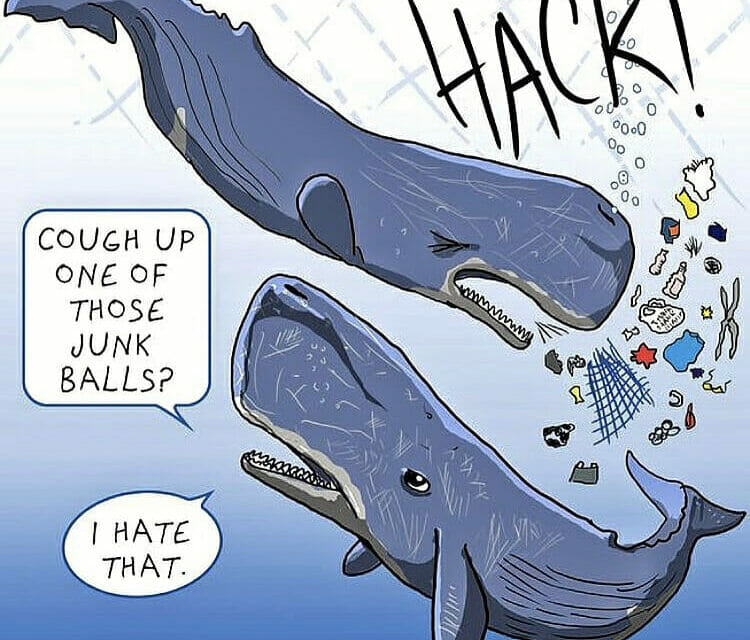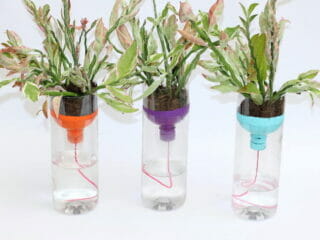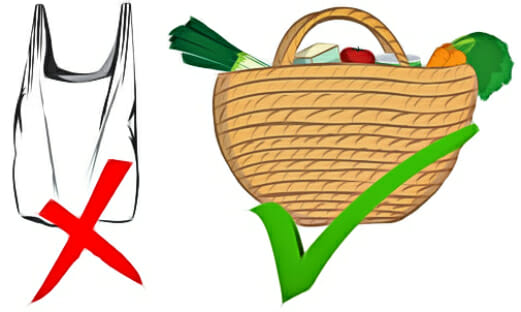
We grab them at checkout, toss them in the trash.
But plastic bags, symbols of our grab-and-go lifestyle, come at a hidden cost. Billions used each year, they pollute our land, water, and wildlife.
In this post, we dive deep into the problem and offer eight practical solutions.
From saying “no” to bags for small items to embracing reusable alternatives, we can all be part of the solution and create a healthier planet for the future.
Let’s dive in!
Why Ditch Plastic Bags? 8 Reasons:
Health and Environmental Risks of Plastic
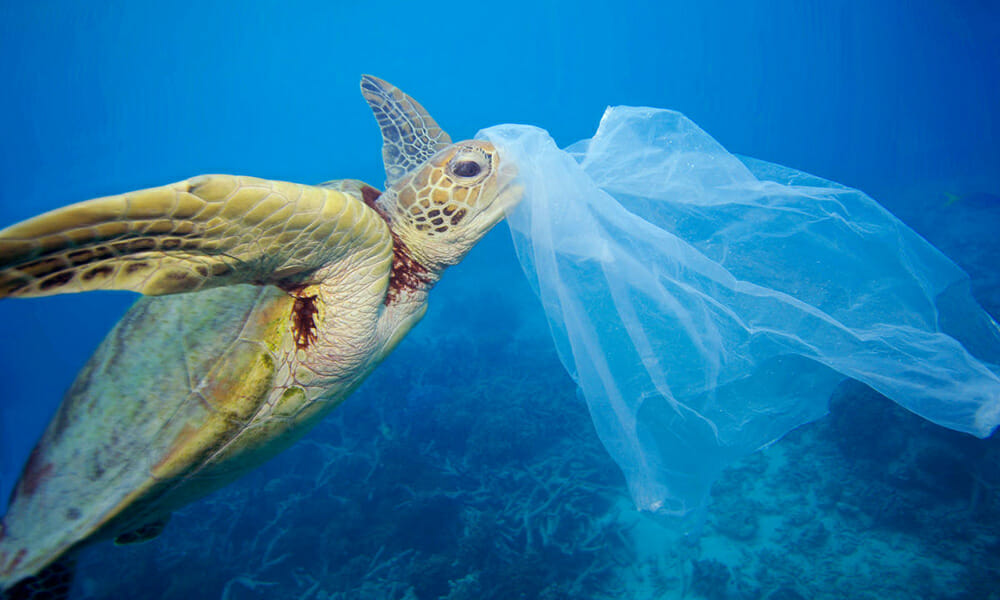
Pollution Everywhere: Look around. Those flimsy bags? They’re choking our land and water, from tangled trees to floating in rivers and parks. (As an avid camper, I see it all the time!)
Fossil Fuel Fuss: Most plastic bags are made from oil and gas, non-renewable resources that pollute even before the bag is born. They emit up to 12.5 million tons of greenhouse gases through their extraction and another 184 million tons to refine. This contributes greatly to global climate change.
Never-ending Nightmare: These bags don’t disappear; they take a whopping 1,000 years to break down. As they decompose, the bag turns into tiny microplastics that pollute our soil, water, and even the food we eat – eventually landing in our bloodstream. Scary, right? Studies show these microplastics are linked to health problems like cancer, diabetes, and even brain damage.
Wildlife Woes: Sea turtles mistake plastic bags for jellyfish, their food source. Sadly, over 100,000 turtles and countless other marine animals die from plastic pollution every year. Birds aren’t safe either, with millions dying from plastic entanglement. Also, studies show that animals too can suffer brain and reproductive damage from BPAs in microplastics.
Hidden Health Risks: Microplastics are everywhere, even in our bodies! Research suggests exposure to these tiny plastic bits (and the chemicals they leach) might increase the risk of heart disease, diabetes, and other health issues.
Recycling Roadblock: Plastic bags jam recycling machines, costing cities millions to remove. Most places simply don’t accept them.
Costly Convenience: Those “free” disposable bags? They’re not really free. Stores factor the cost of bags into the price of everything you buy.
Better Options Await: Ditch the plastic and grab a reusable bag! They’re sturdy, last for years, and prevent countless single-use bags from littering the planet. In some states (like mine, NJ), plastic bags are banned and we have no choice, anyway!
Next up, let’s explore eight easy ways to limit your use of plastic bags:
8 Practical Tips to Reduce Your Plastic Bag Use
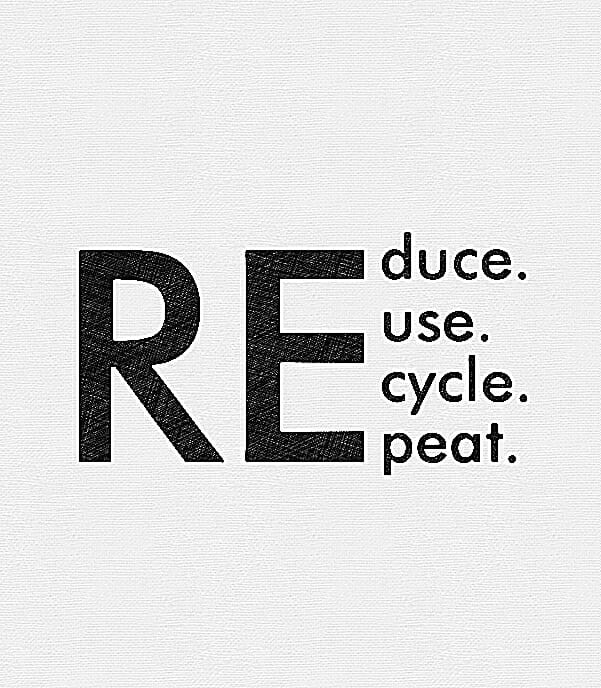
1. Refuse the Bag:
- Question the need of a bag for every purchase. For example, choose to carry small items (or few items, such as a single toothbrush and deodorant), without a bag. This simple act can seriously reduce plastic use.
2. Opt for Reusable Bags:
- Remembering a reusable bag is key; keeping them in your car or bag ensures you always have them for shopping. Even one or two reusable bags can significantly help cut down on plastic bag use.
3. Bulk Buying:
- Opting for bulk purchases to reduce the number of disposable containers can also contribute significantly to reducing plastic waste.
4. Choose Alternative Food Storage:
- Using bento boxes, tiffins, jars, or glass containers instead of plastic bags, wraps, and containers is a practical step toward reducing plastic usage.
5. Support Farmers’ Markets:
- Shopping at local farmers markets can help buy fresh produce without the plastic packaging, especially if you bring your own bags.
6. Use Refill Stations:
- For products that typically come in plastic containers, like detergents, look for refill stations to reuse existing bottles.
7. Proper Recycling:
- If plastic use is unavoidable, ensure that plastic waste is correctly sorted and placed in appropriate recycling containers. You can also donate plastic bags to thrift stores to reuse (for bagging their merchandise). Some department and grocery stores also have locations to drop off plastic bags for recycling.
8. Repurposing:
- Get creative! Repurpose plastic bags for various uses like mini garbage can liners, carrying pool items, or fun DIY projects, extending their life and reducing waste.
Plastic Pollution Breakdown: Where Does it Come From?
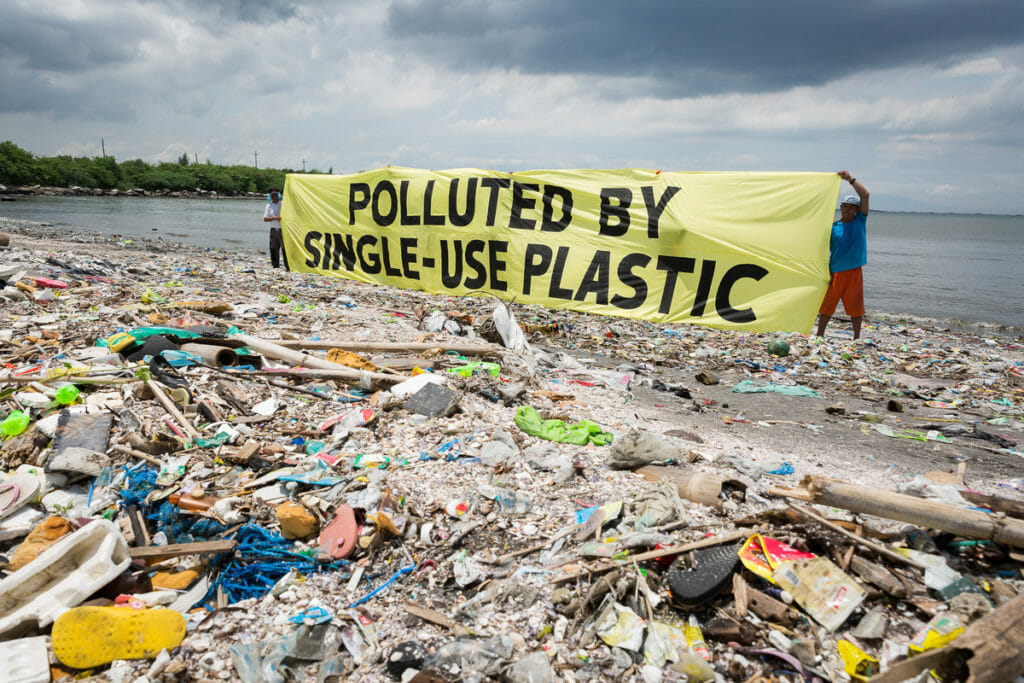
Of all the garbage in the Pacific Ocean, 80% comes from land. The other 20% comes from oil rigs, boaters, and cargo ships – mostly fishing nets. Shipping containers lost at sea dump plastic items, such as computer parts and Legos, directly into the water.
Once there, these waste materials don’t simply drift about in the open ocean. Sometimes, they can, but most plastic waste follows ocean currents to “collection zones.”
The largest is called the “Great Pacific Garbage Patch (coastal plastic deposits from North America take six years to reach the patch). You can read more on this topic in our other post on plastic pollution in the ocean.
Here are some other startling facts on plastic use and pollution:
- Over 500 billion plastic bags are used worldwide each year. That’s over one million bags every minute.
- 15 minutes. That’s the average “working life” of a plastic bag.
- In the last decade alone, we’ve produced more plastic than in the entire previous century!
- Plastic packaging accounts for over 40% of total plastic usage.
- Those tiny plastic beads in your toothpaste or facial scrubs? They end up in the ocean, harming marine life and even finding their way into our food chain. Yikes!
Final Takeaways: Recap
The plastic bag problem is a wake-up call. Our everyday choices ripple through the environment, impacting wildlife, ecosystems, and even our own health.
But, we all have the power to make a difference. Here’s how:
- Ditch the plastic: Say “no” to unnecessary bags, choose reusable options, and embrace bulk purchases when possible.
- Get creative: Repurpose old plastic bags for various uses, extending their life and reducing waste.
- Spread the word: Share your knowledge and inspire others to join the plastic-reduction movement.
Remember, every small step counts. By reducing, reusing, and rethinking our reliance on plastic, we can create a cleaner, greener future for ourselves and generations to come.
Let’s ditch the plastic habit and forge a path towards a healthier planet, together!

Hi there! I'm Adam, author and founder of TGL. Since 2016, I've produced and sold non-toxic kitchenware throughout the US. Today, I'm using my passion and experience in sustainable product manufacturing to help families avoid unsafe reusable foodware. When I'm not writing, you'll find me hiking or camping throughout Appalachia!
Related Posts



